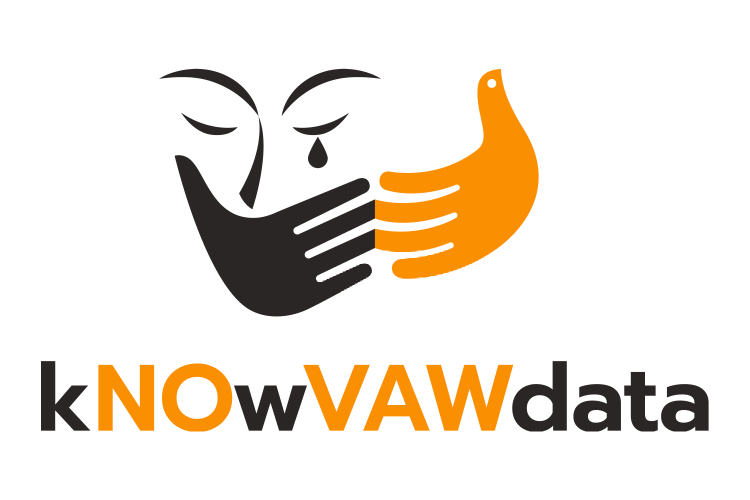Knowledge Hub

The Knowledge Hub provides links to resources supporting the measurement of violence against women and has been funded under the Pacific Spotlight Initiative. While starting with a primary focus on Pacific resources and global resources which are applicable for the Pacific region, the Knowledge Hub will continue under the UNFPA kNOwVAWdata initiative to support global knowledge exchange and a strong community of practice. The strength of this Knowledge Hub is the opportunity to share resources and support all regions of the globe.
If you would like to share links to be added to the Knowledge Hub, please send them to knowvaw-program@unimelb.edu.au.
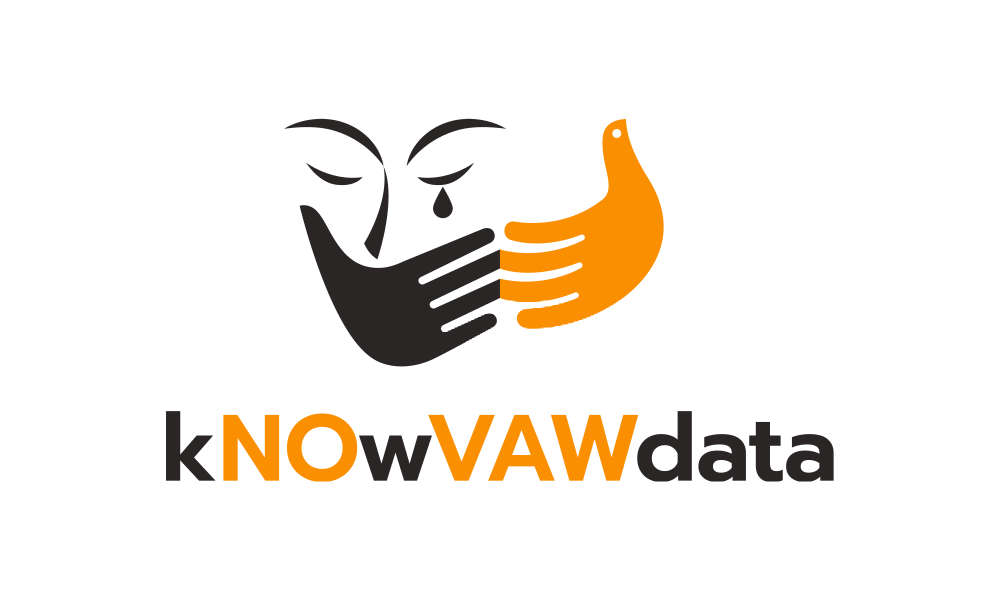
New Survey Methodologies in Researching Violence Against Women
This paper assesses the methodologies of the new national surveys of violence against women, including those in the US, Canada, Australia, Finland and the Netherlands, as well as the British Crime Survey. The development of large‐scale quantitative survey methodology so as to be suitable for such a sensitive subject has involved many innovations. The paper concludes with recommendations for further improvements including: the sampling frame, the scaling of both sexual assaults and range of...

Interagency Gender-based Violence Case Management Guidelines: Providing care and case management services to gender-based violence survivors in humanitarian settings
This resource aims to set standards for quality, compassionate care for GBV survivors in humanitarian settings, with particular focus on the provision of case management services. It builds upon and should be used in conjunction with other GBV response resources, such as the Caring for Survivors of Sexual Violence in Emergencies Training Package and the Caring for Child Survivors of Sexual Abuse: Guidelines for health and psychosocial service providers in humanitarian settings.

Disasters, Crises and Violence Against Women: Evidence from Big Data Analysis – Lessons from Kiribati, Samoa, Solomon Islands and Tonga
Capturing accurate data on violence against women during crises is challenging, with survivors scattered and the confidentiality of their responses at risk. Taking these challenges into account, UN Women's Regional Office in Asia and the Pacific undertook a study harnessing big data from social media searches and posts, to uncover the discourse on VAW.
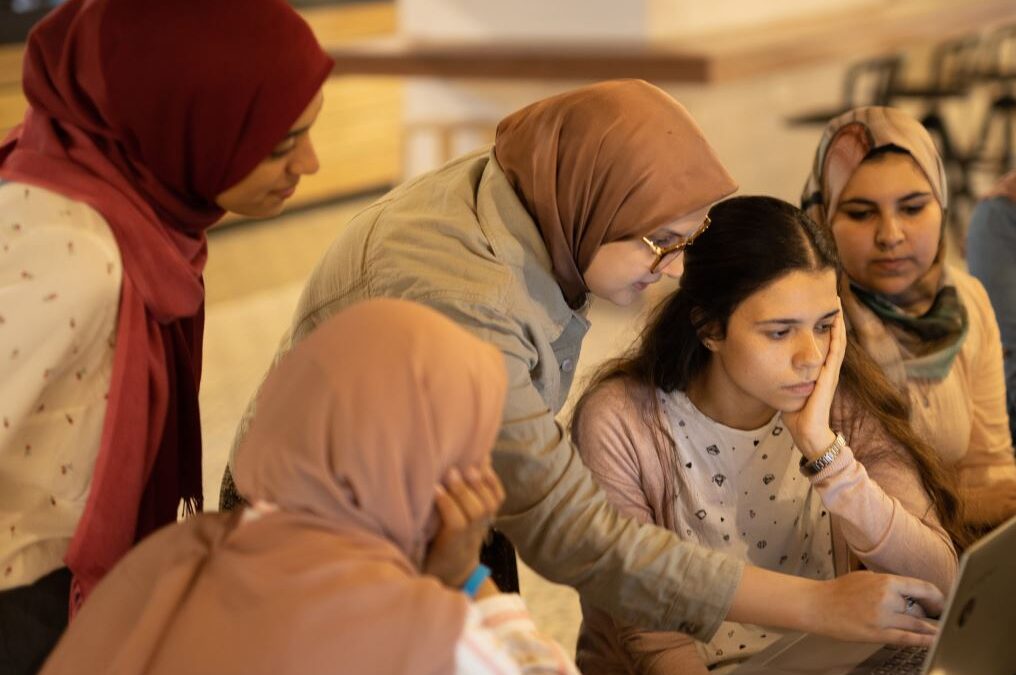
Violence Against Women in the Online Space: Insights from Multi-country Research in the Arab States
To better understand online violence in the Arab States, a subsequent research project explored its prevalence, impact and consequences and the barriers to services and reporting. Three complementary exercises comprised a quantitative web-based survey in eight countries with nearly 12,000 respondents, examining the prevalence, perceptions and implications of online violence; qualitative research to explore experiences of online violence through the lens of civil society organizations, women’s...
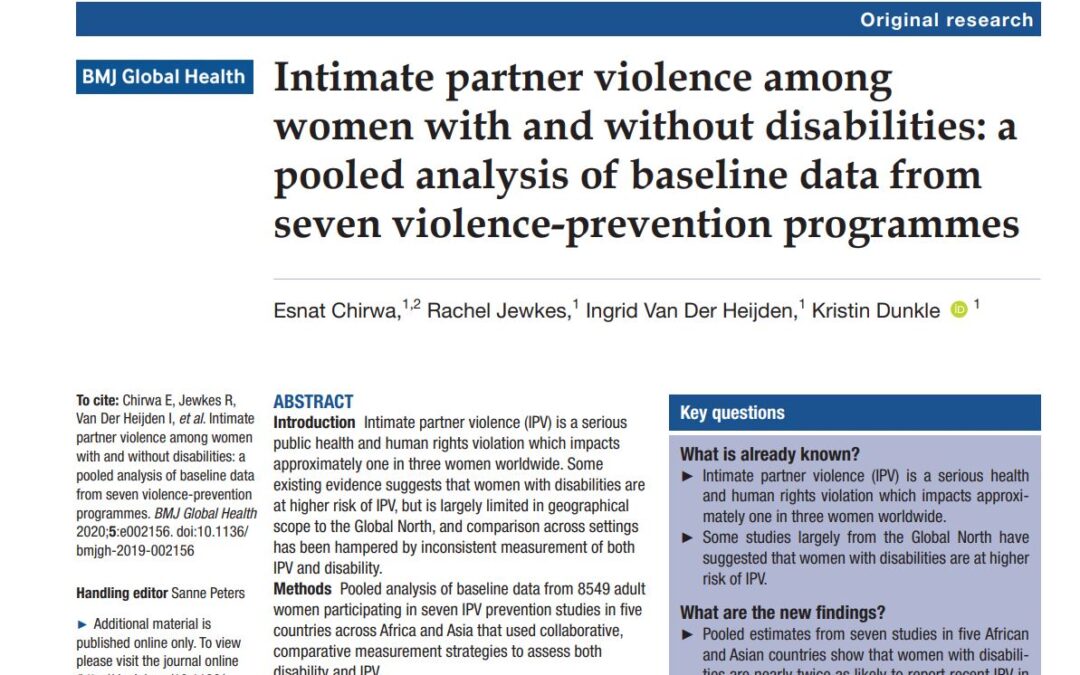
Intimate partner violence among women with and without disabilities: a pooled analysis of baseline data from seven violence-prevention programmes
Pooled analysis of baseline data from 8549 adult women participating in seven IPV prevention studies in five countries across Africa and Asia that used collaborative, comparative measurement strategies to assess both disability and IPV.
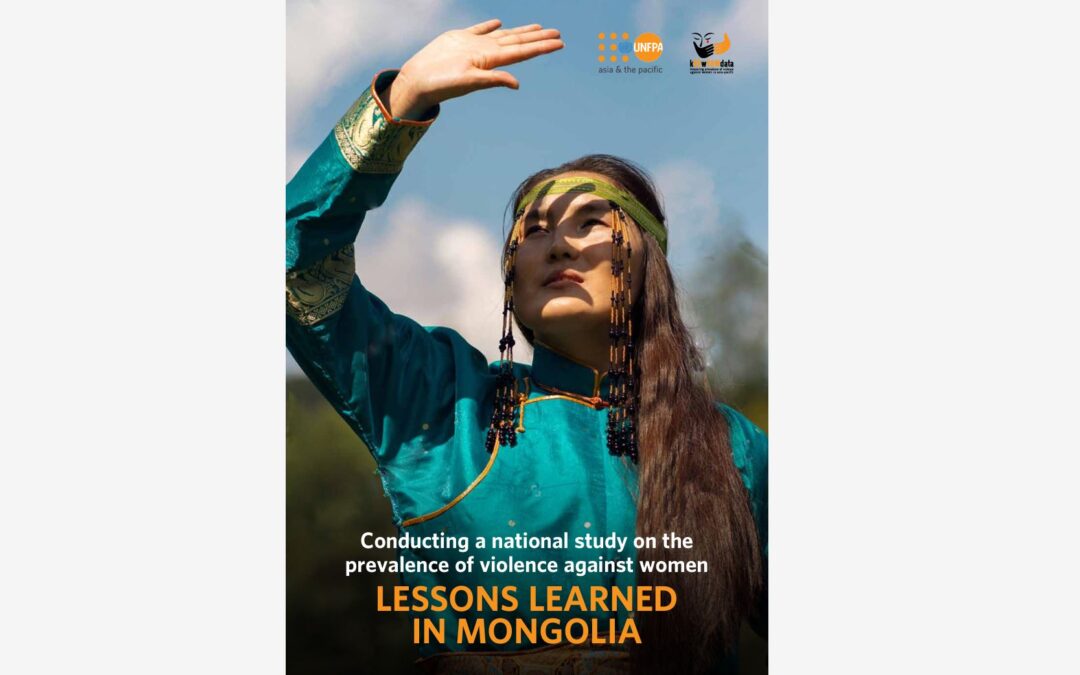
Conducting a national study on the prevalence of violence against women: Lessons learned in Mongolia
This document aims to help other program and project coordinators and researchers undertaking violence against women prevalence surveys to anticipate and address some of the challenges they may face. It contains lessons learned gathered after completing the Mongolia study and launching the results.

Children and Young People Bereaved by Domestic Homicide
This brief report conveys key findings from the study “Children and young people bereaved by domestic homicide: Understanding home, relationships and identity,“ with a focus on Australia.
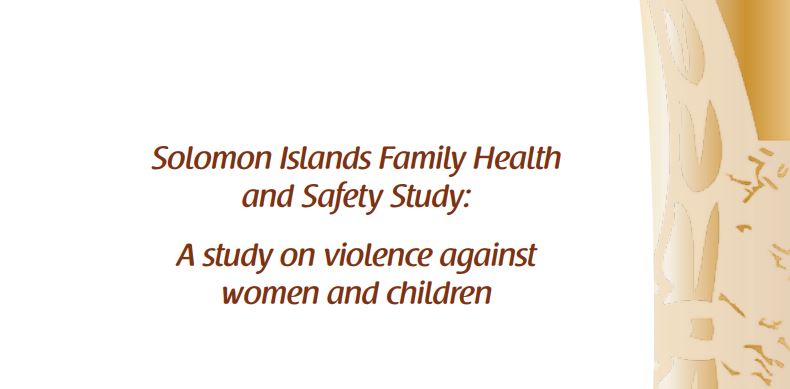
Solomon Islands Family Health and Safety Study
This report of the Solomon Islands Family Health and Safety Study analyzes data from the first nationally representative research on violence against women and children in this country.
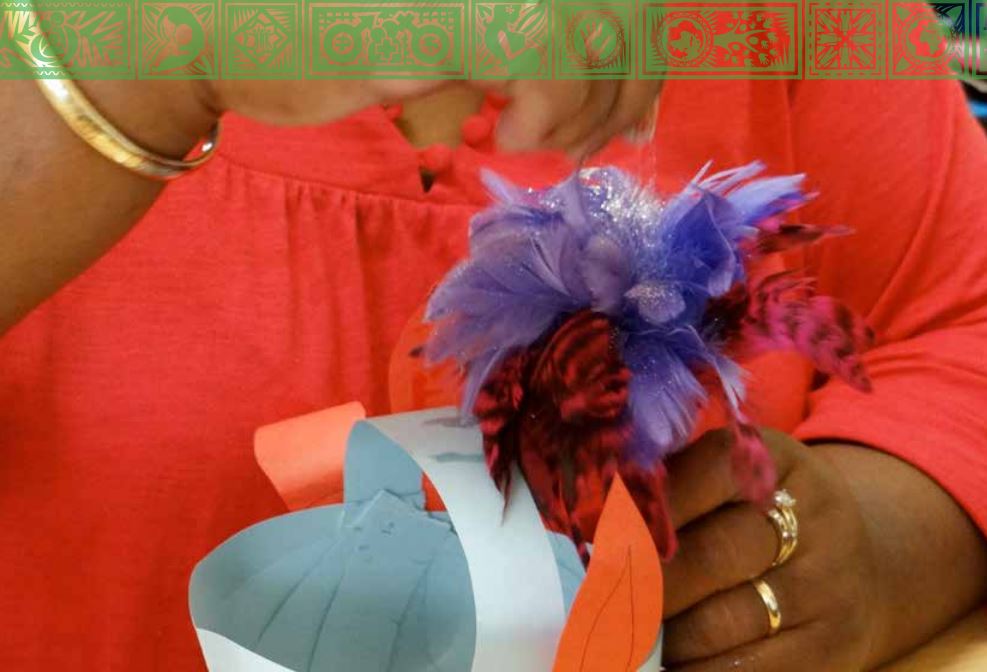
Nauru Family Health and Support Study
The Nauru Family Health and Support Study aimed at obtaining reliable information on violence against women (VAW), its characteristics, and consequences. Although the study initially sought to collect a nationally representative sample of women aged 15-64, due to a low response rate, its findings are derived from a reduced sample of eligible women in a small group of districts. The findings of this exploratory study, however, provide a preliminary understanding around VAW in the country and...
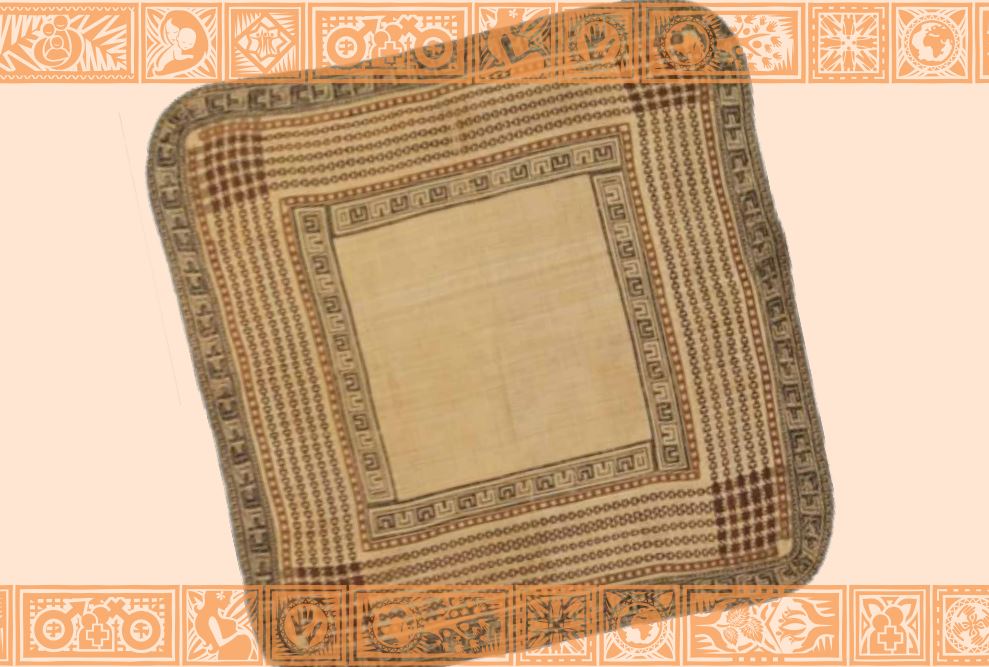
Republic of the Marshall Islands National Study on Family Health and Safety
The National Study on Family Health and Safety in the RMI consisted of two separate components: a quantitative study based on the methodology developed for the WHO Multi-Country Study on Women’s Health and Domestic Violence against Women; and a qualitative study based on data collection methods of previous studies.
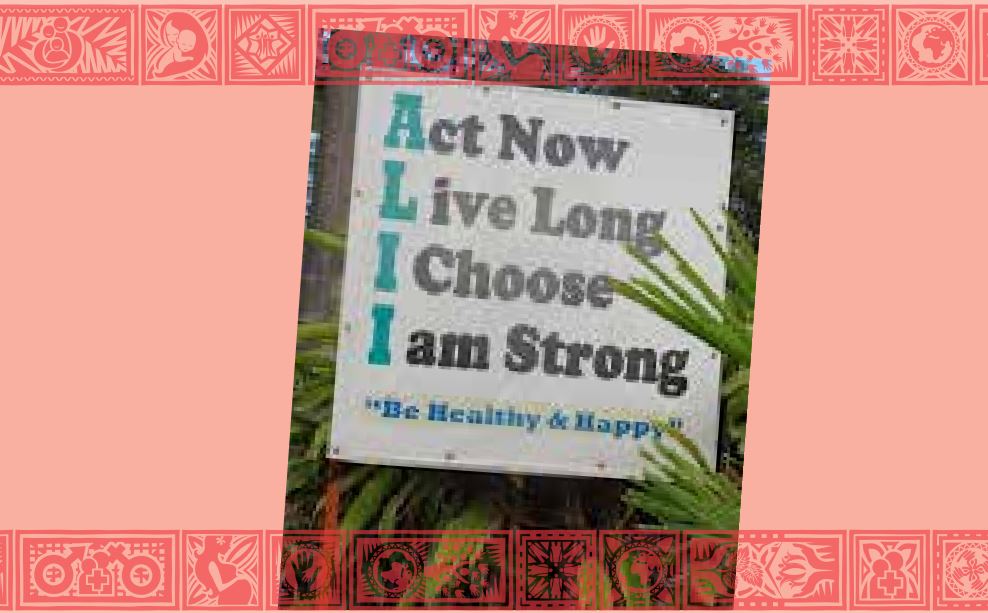
Belau Family Health and Safety Study National Research Project on Violence Against Women in Palau
The Belau Family Health and Safety Study (FHSS) aimed at obtaining reliable data on the prevalence and types of violence against women (VAW) in Palau. The study also sought to document the associations between partner violence and health issues and other outcomes, as well as to identify risk and protective factors for partner violence.

Federated States of Micronesia Family Health and Safety Study
The FSM Family Health and Safety Study (FHSS) aimed to gauge the prevalence and types of violence against women (VAW) in the FSM. The study also sought to document the associations between partner violence and the wellbeing of the woman and her children, as well as to identify risk and protective factors for partner violence.
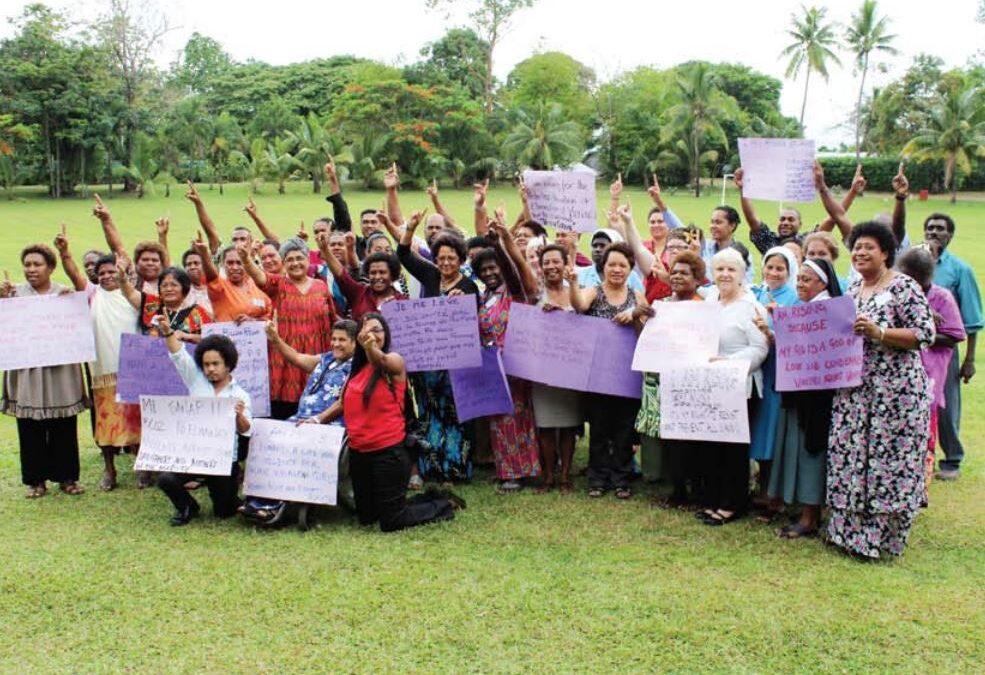
Somebody’s Life, Everybody’s Business! National Research on Women’s Health and Life Experiences in Fiji (2010-2011)
Somebody’s Life, Everybody’s Business is a national research on women’s health and life experiences in Fiji (2010/2011). It is a survey exploring the prevalence, incidence and attitudes to intimate partner violence in Fiji.
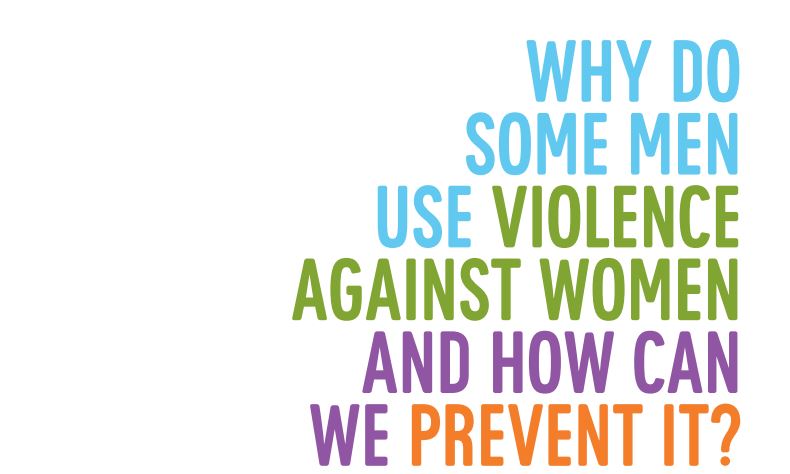
UN Multi Country Study on Men and Violence
A UN study of 10,000 men in Asia and the Pacific found that overall nearly half of those men interviewed reported using physical and/or sexual violence against a female partner, ranging from 26 percent to 80 percent across the sites studied.
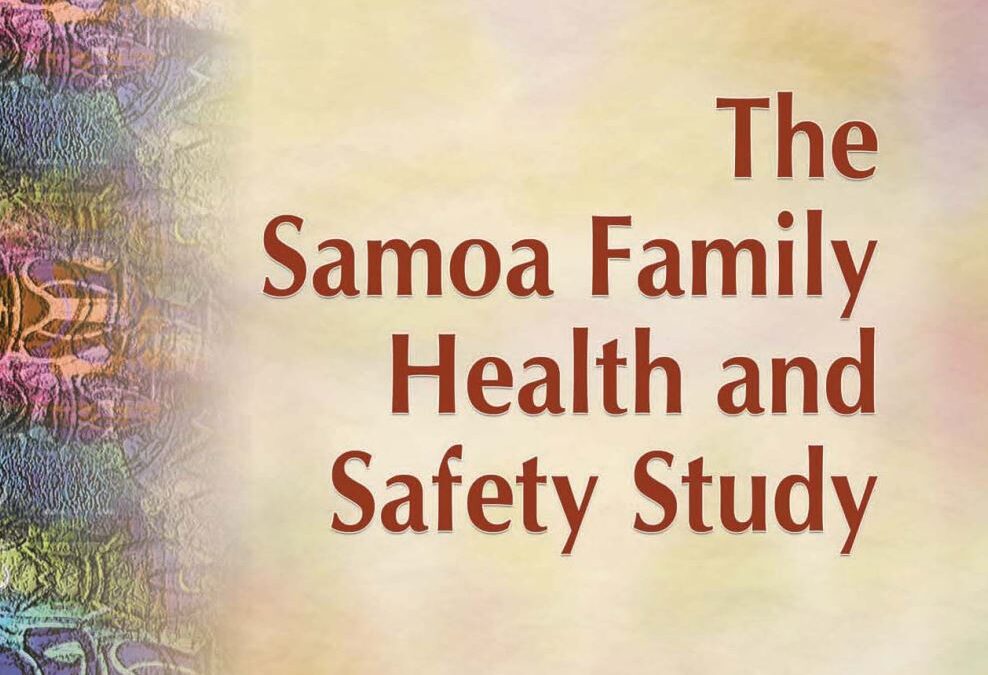
Samoa Family Health and Safety Study
The Samoa Family Health and Safety Study (SFHSS) is a component of the larger Pacific Multi-site Study of the Effects of Violence Against Women on Family Health and Safety, which is a joint research initiative of the Secretariat of the Pacific Community (SPC) and the United Nations Population Fund (UNFPA).
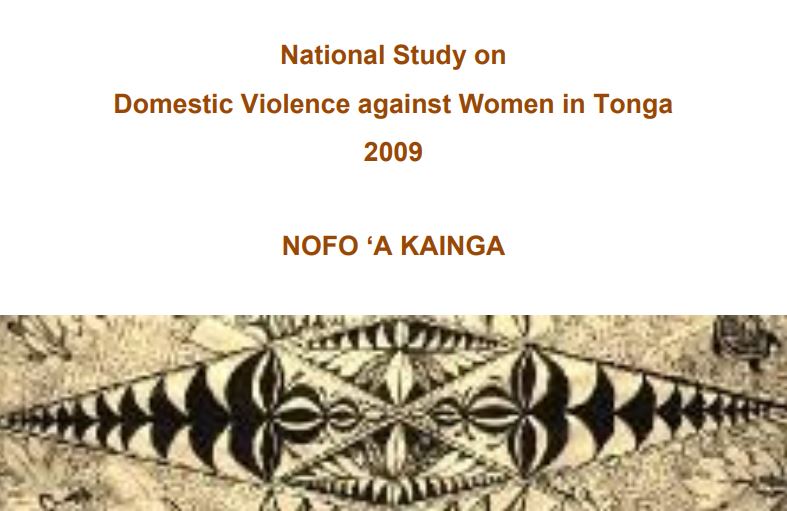
National Study on Domestic Violence on Women in Tonga
The National Study on Domestic Violence against Women in Tonga consisted of two separate components: a quantitative study based on the methodology developed for the WHO Multi-Country Study on Women’s Health and Domestic Violence against Women; and a qualitative study based on Tongan methodology of Talanoa and Nofo. The use of qualitative and quantitative components was to seek results that complemented each other.
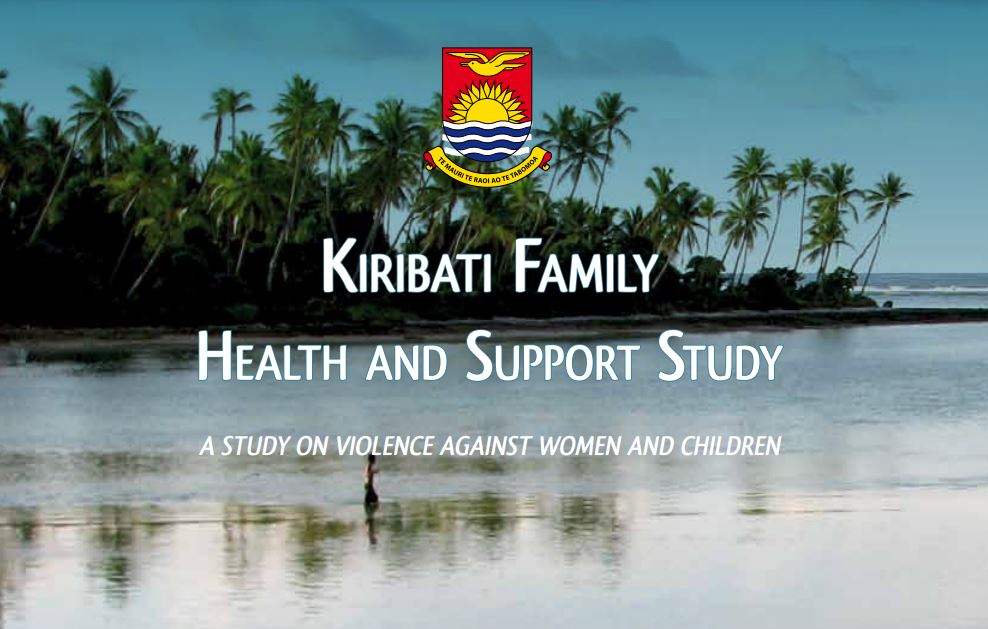
Kiribati Family Health and Support Study
This report of the Kiribati Family Health and Support Study analyses data from the first ever nationally representative child abuse in this country. This study replicates the WHO multi-country study on Women’s Health and Domestic Violence against Women.
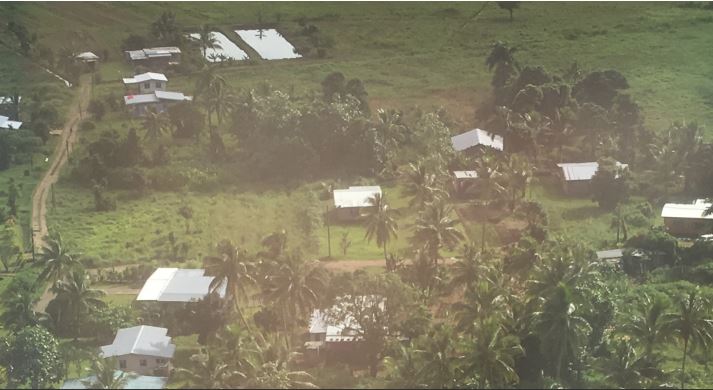
Exploring Multidimensional Poverty in Fiji: Findings from a Study Using the Individual Deprivation Measure
The Individual Deprivation Measure (IDM) is a new, gender sensitive and multidimensional measure of poverty. The measure assesses deprivation at the individual level, in relation to 15 key dimensions of life, making it possible to see who is poor, in what way and to what extent. This study explores what additional insights could be gained by individual-level, gender-sensitive poverty measurement in Fiji
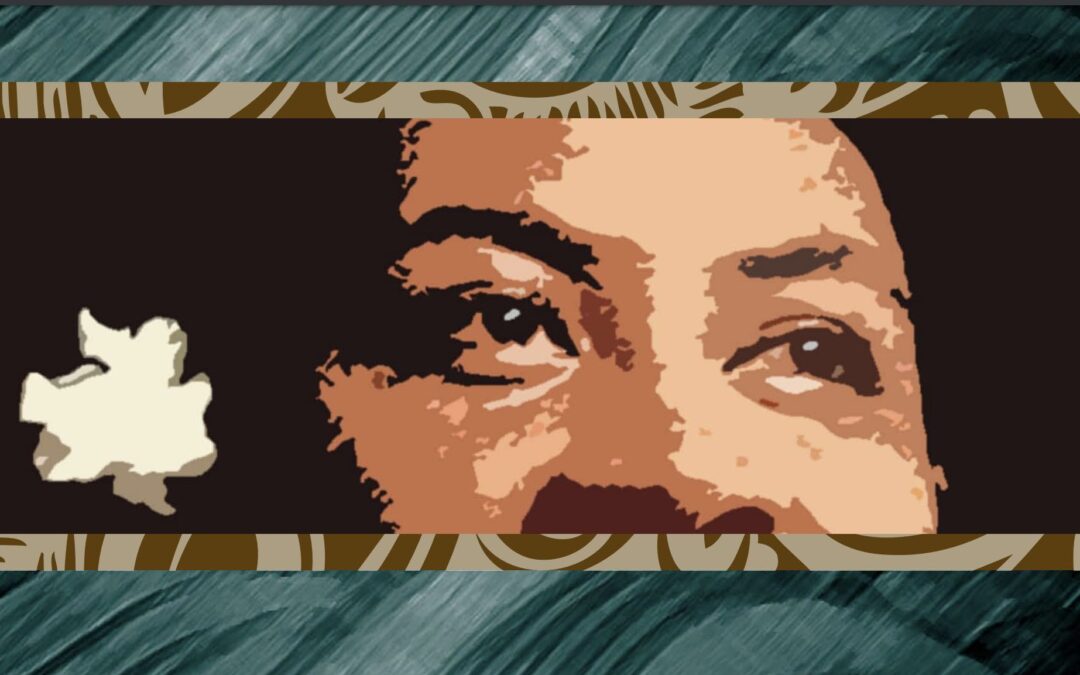
Swimming Against the Tide: Lessons Learned from Field Research on Violence Against Women in the Solomon Islands and Kiribati
Lessons Learned from Field Research on Violence Against Women in the Solomon Islands and Kiribati
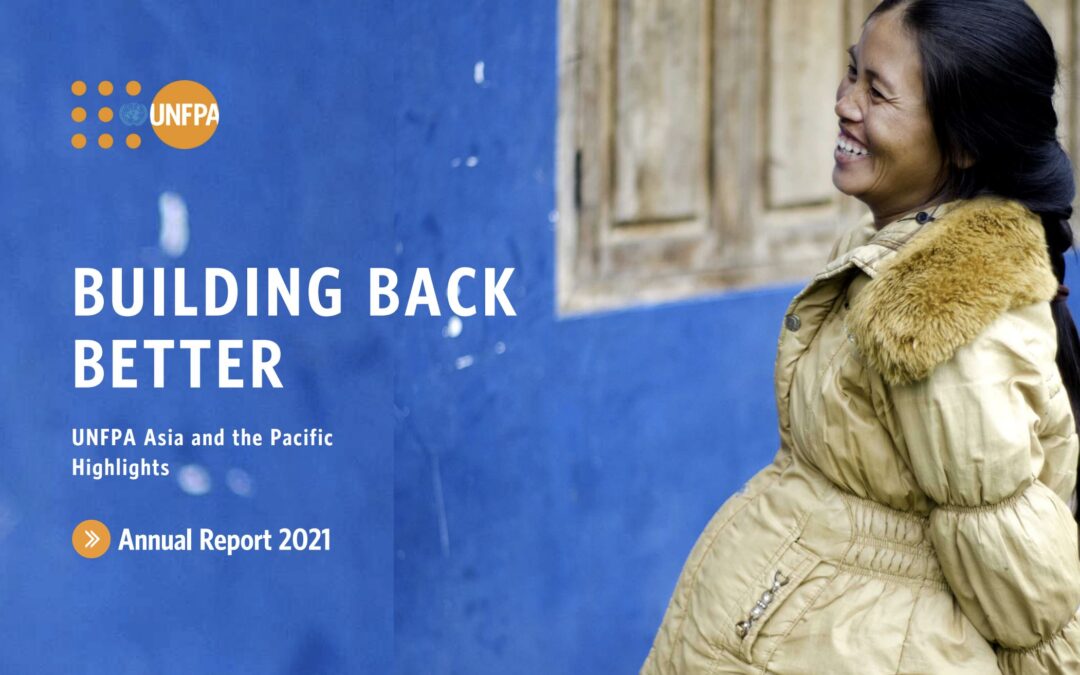
Annual Report 2021: UNFPA Asia and the Pacific
UNFPA across Asia and the Pacific outlining progress towards our transformative results of zero maternal deaths, zero unmet need for family planning, and zero gender-based violence and harmful practices against girls and women.
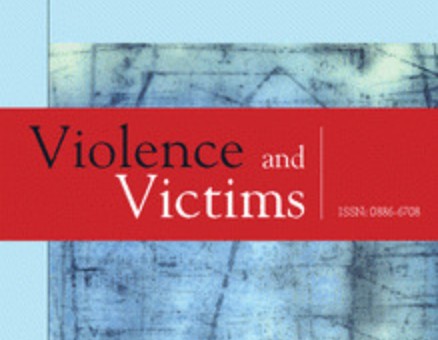
Maternal Childhood Parental Abuse History and Current Intimate Partner Violence: Data From the Pacific Islands Families Study
The aim of the study was to establish the association between the experience of maternal and/or paternal emotional or physical abuse and current severe physical partner violence perpetration or victimization among a cohort of Pacific women.
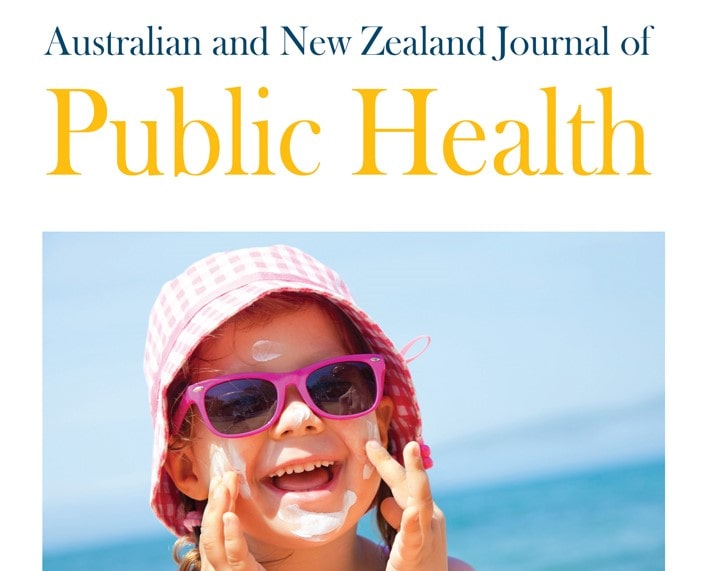
Factors associated with induced abortion over time: secondary data analysis of five waves of the Australian Longitudinal Study on Women’s Health
Objective: A trend analysis of associations with induced abortion. Methods: Secondary analysis of the Australian Longitudinal Study of Women's Health (N=9042). Conclusions: Abortion remains strongly associated with factors affecting women's control over reproductive health such as partner violence and illicit drug use.

Guidelines for reporting violence against women
Guidelines for evidence-based media reporting on violence against women and their children. Australian National reporting guidelines available. Victorian (state of Australia) reporting guidelines also available.
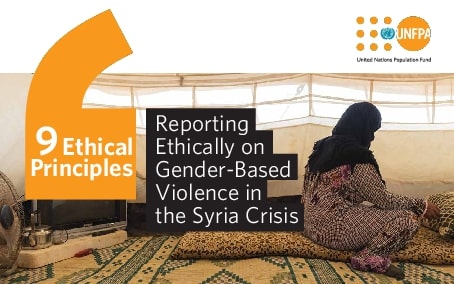
Nine Ethical Principles: Reporting Ethically on Gender-Based Violence in the Syria Crisis
Provides a guide on how to ethically approach reporting GBV during the Syrian Crisis (may provide insight into how to report in other crises)
